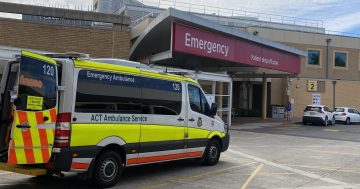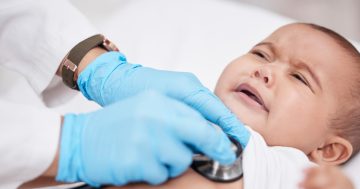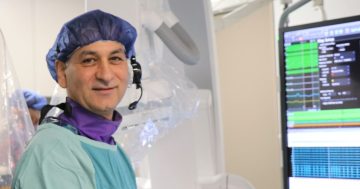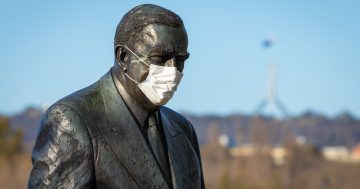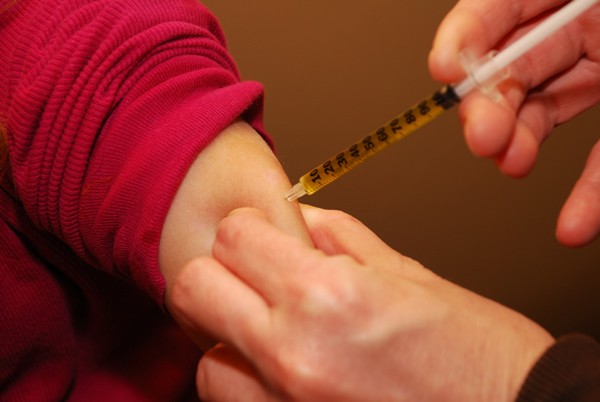
It is believed the infected person travelled in NSW between Christmas and the New Year. File photo.
Canberrans have been urged to check for symptoms of the highly contagious measles disease after a second case was found in the nation’s capital.
Authorities issued the health alert on Wednesday afternoon (2 January) stating the infected person is in isolation at the Canberra Hospital and Health Protection Service staff are currently contacting people who have been in contact with the person.
ACT Chief Health Officer Dr Paul Kelly believes the individual is likely to have acquired the infection from the measles case reported in the ACT in mid-December.
Dr Kelly said the person did not attend any public venues or events in the ACT whilst infectious and believes there is minimal risk of exposure to the general public.
“Contacts with the individual have been able to be identified and ACT Health staff are following-up with these people directly,” Dr Kelly said.
“As the individual travelled in NSW between Christmas and the New Year, we are working closely with NSW Health, who are also providing information to their local communities.”
Measles can be highly contagious among people who are not fully immunised, and ACT Health is urging Canberrans to check for symptoms, which may include a fever, tiredness, cough, runny nose and sore eyes, followed by a rash.
People generally develop symptoms 7-18 days after being exposed to a person with infectious measles, with 10 days being more common. People are infectious from four days before they develop a rash until four days after.
Anyone with symptoms of measles should seek medical advice, advising their health care provider before they arrive so that appropriate infection control precautions can be put in place to stop the spread of the infection.
The virus is spread from an infectious person during coughing and sneezing or through direct contact with secretions from the nose or mouth.
Dr Kelly said whenever a case of measles is identified in our community, it is a strong reminder that the best way to protect yourself and your family against measles is vaccination.
“Two doses of Measles Mumps Rubella vaccine (MMR) are required for immunity against measles and are given to children in Australia at 12 and 18 months of age,” he said. “However, the vaccine can be given at any age after nine months.
“With many travelling over the holiday period in the next few weeks, we are encouraging people to check their immunisation status and get up to date if needed before travelling.”
For further information about measles, visit the ACT Health website.












